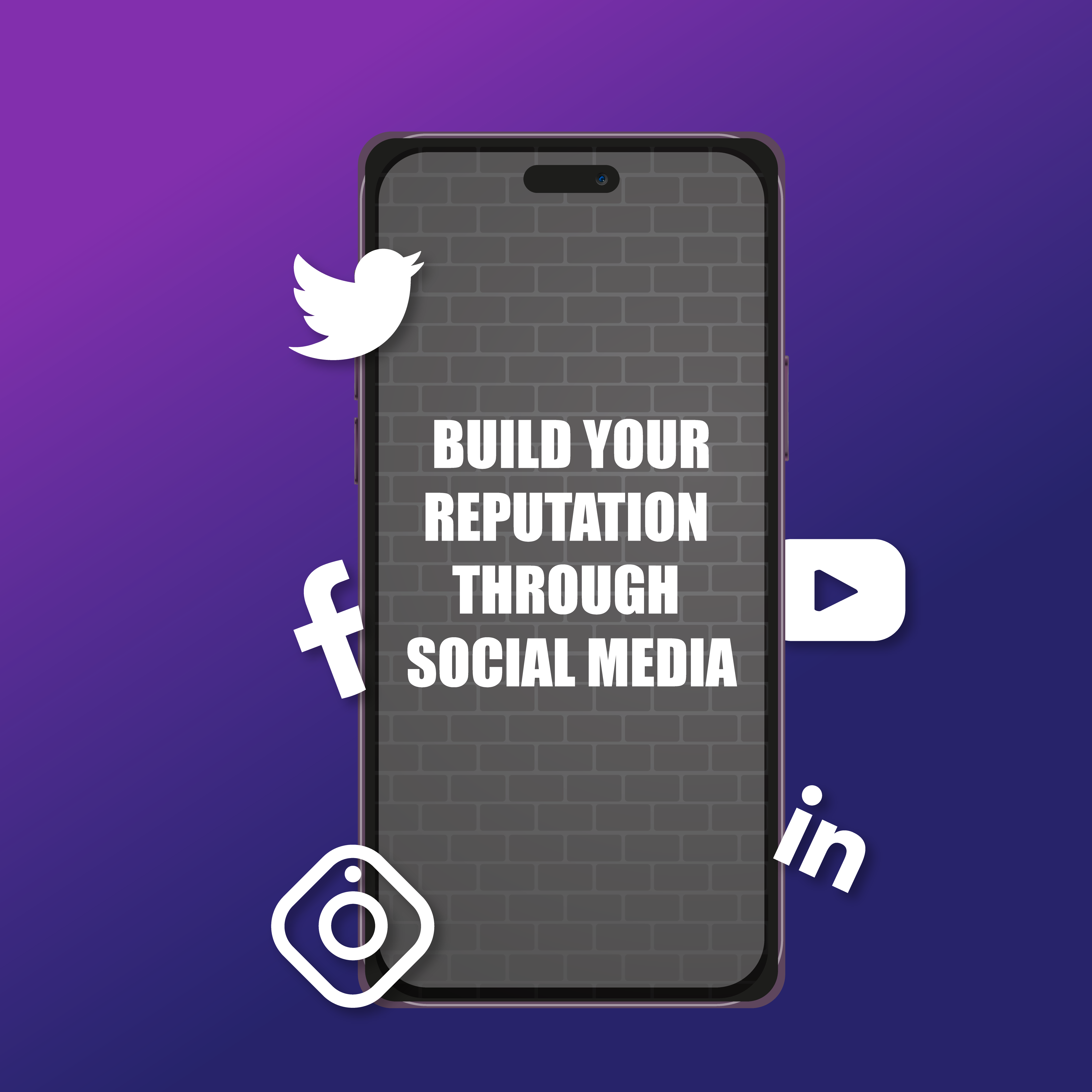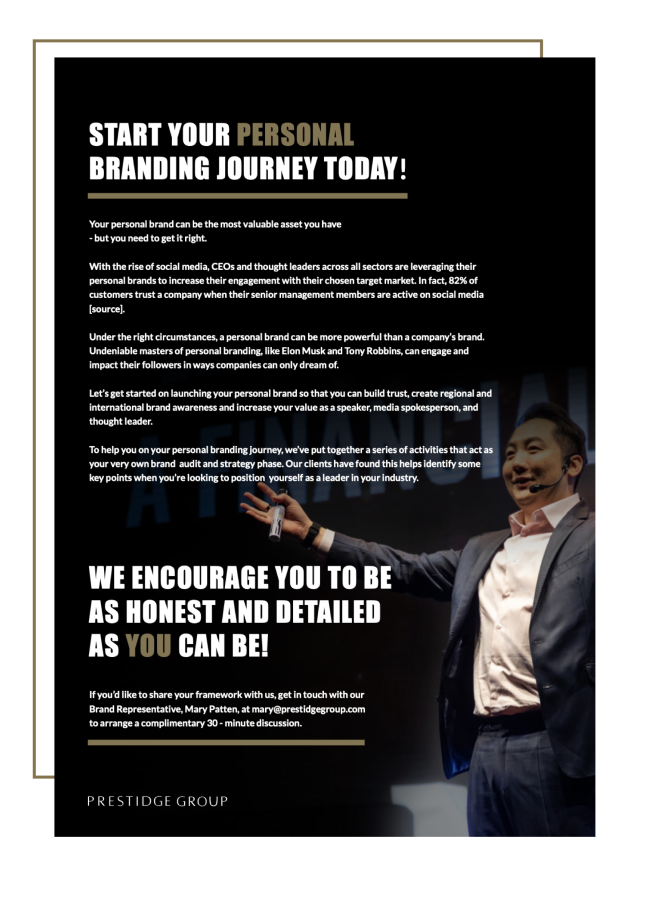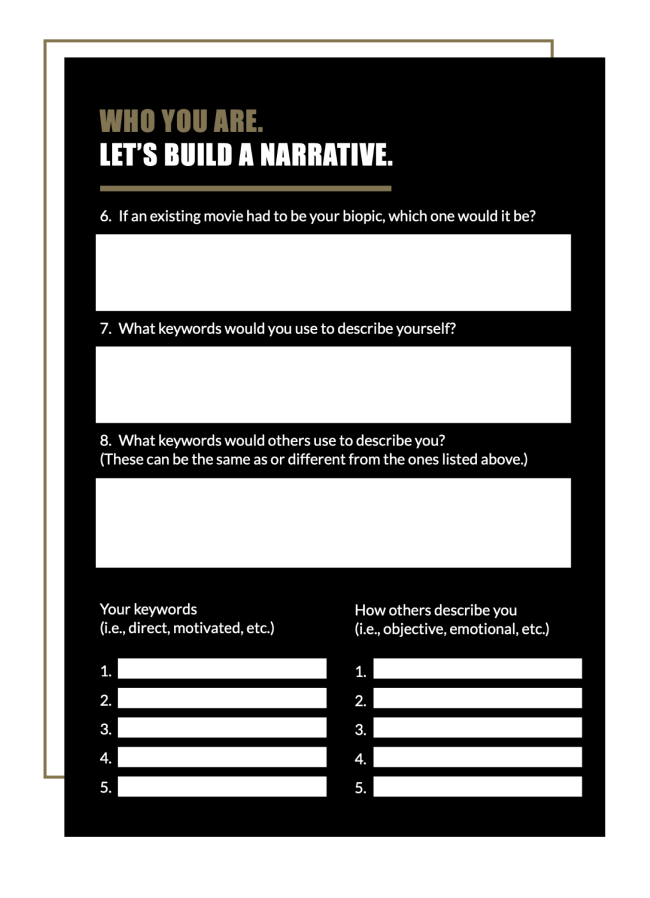Where corporations and their CEOs rest on topics can heavily impact an organisation’s bottom line and public image. It’s a tricky business that comes with high risks and very high rewards if done right.
It’s the last quarter of 2021, and people are carefully picking up the threads of their post-corona lives. If there’s one lesson that we’ve all learnt, it’s that as a species, we are interconnected. Whatever happens on this planet has the potential to impact each one of us. From climate change and gender equality to inclusion and politics, it is not enough that companies and businesses meet their CSR and ESG mandates.
Today, leaders cannot simply recognise issues. Instead, they need to articulate a stand that makes a real impact on society.
Picking a side from a position of authority is the new face of CEO activism. It puts leaders, businesspeople, and influencers in a position to change minds, generate sales, and start movements. However, where corporations and their CEOs rest on topics can heavily impact an organisation’s bottom line and public image. It’s a tricky business that comes with high risks and very high rewards if done right.
It’s a sign of the times
While there is a long history of corporations influencing government and public policies through back corridor lobbying, CEO activism has only recently become more of a buzzword. A generation of millennials, as consumers, clients, and young leaders, are coming into themselves. They are watching, and they do not want their CEOs to be bystanders.
Undoubtedly, navigating CEO activism within huge swatches of people with generational gaps is tough work, but bluntly put, the price of silence is too high. Today’s CEOs need to take a stance that is reflected through their own actions and their business’s values. It’s needed because it helps them really connect with their consumers beyond the basic salesmanship that comes from one-dimensional marketing and advertising.
Practise what you preach
Taking an abstract stand on a topic is always the easy part – putting it into practice is tougher work. At its heart, CEO activism can only resonate with audiences when it is authentic and reflects a business’s objectives as well as a CEO’s story and journey. It requires leaders to drop their public persona and get personal. It means stepping out of your comfort zone, putting yourself in the spotlight, and going off script to talk about experiences, while continuously showing actionable change relating to those topics through your organisation.
You need consistent messaging that stays true to your values and repeatedly demonstrates that you are still committed to a cause through all your communications.
Agents of change
In a world dominated by social media, the old-school approaches to advocacy are no longer working. The new public podiums of influence are tweets, posts, blogs, videos, podcasts, and Zoom conferences. Endorsements of certain movements come in the form of engagement, likes and shares.
Navigating these platforms to deliver direct, clear and unambiguous, well-articulated thought leadership and activism takes time, serious energy, and motivation. For CEOs who are already busy running companies, it’s hard finding the space to do all this.
It comes as no surprise then that PR firms are now building entire practices around CEO activism. As more CEOs – especially from the developed parts of the world – speak up on social and political issues, other members of the C-Suite across the world will be expected to do the same.
Walking the fine line
Bear in mind that CEO activism is not corporate engagement. It does beg the very important question: How can CEOs engage in authentic social action and involvement? What is the playbook for corporate advocacy?
The sad fact is that speaking out means facing critics and negative press. But as the world continues to change, you must weigh in on controversial topics because there is a higher purpose to your role – one that extends beyond maximising shareholder value. You need to advocate for your shareholders and employees, customers, community (and all its minorities), politics and the environment.
And when you do, the world takes notice. Not only is CEO activism getting increased media attention, but the companies (from Starbucks to Uber) that have taken a stand have gained increased public respect and customer loyalty.
Predict, prepare, and pre-empt
It’s only a matter of time before people in positions of authority are called upon to choose a side. It’s a trend on the rise and opting to stay out of the fray may be detrimental to you and your business.
Before you engage, carefully select your topics for advocacy, which should be subjects you and your company are passionate about, and then implement a plan to represent your position.
As a back-up, always have a crisis plan for a potential social media firestorm. Lastly, like all public spheres of engagement, lead with passion, commit, develop a thick skin, anticipate criticism, and power through. Then, rinse and repeat, ad infinitum!













